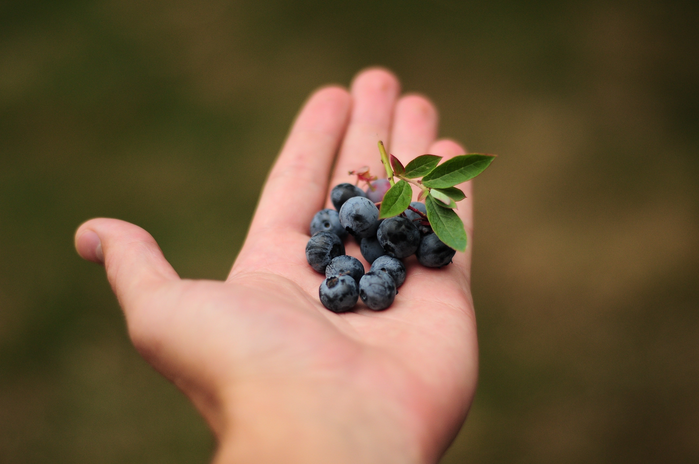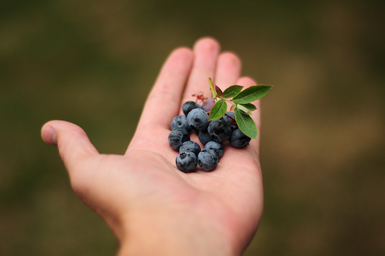If you’re interested in fresh, sustainably-grown produce and supporting local farmers, or simply desperate to branch out from Tulane’s bi-monthly stand, here are four places you can visit to see what else the Big Easy has to offer.
1. Crescent City Farmers Market
These markets are spread throughout the city, focused exclusively on local agriculture and run by the nonprofit organization Uptown Market. The market uptown opens on Tuesdays, “just a stone’s throw from Audubon Park”. Once a week, the tiny and plain concrete lot becomes animated by shoppers and colorful stands. With its focus on community and sustainability and closer location to Tulane, this outdoor market is a good first option for connecting with local farmers.
2. Gretna Louisiana Farmers Market
If you ever find yourself in the Westbank on a Saturday (the other side of the Mississippi, for you out-of-towners). Located under a red pavilion reminiscent of the small city’s railroad days, vendors sell all types of homemade items, such as crafts and baked goods. Several farmers selling locally-grown, fresh produce in season, and one stand boasts free-range eggs “for only $5 a dozen”.
3. French Market
A must-see landmark of New Orleans, the French Market was founded as a Native American trading post in Pre-Columbian times, making it the oldest market of its kind in the country. The market holds a pavilion for its farmer’s market, open daily from 10 AM to 6 PM. The market also boasts two weekly farmers markets: Wednesday Crescent City Farmers Market, and French Market’s Artisan Saturday Market.
4. Grow Dat
Through its focus on sustainable farming practices and youth leadership program, Grow Dat is easily the most well-known urban farm in the state. Admittedly I carry a bias in promoting the place since I’m a former employee. But as part of Grow Dat’s mission to address the “dual needs of youth job and leadership opportunities…”, the program is valuable to teen employees working in the program’s fields in City Park, learning essential job skills along with lessons on food security and sustainability. The non-profit also carries important ties to Tulane, when the School of Architecture’s Small Center designed its campus and through a previous collaboration with a Taylor Center class.
In addition to the economic benefits for the local economy and community farmers, urban farming has many environmental advantages, such as preserving genetic diversity and being almost exclusively GMO-free. The chance to connect with a community as well as a healthier, more sustainable lifestyle is a better bargain than what you’d find at the supermarket.


